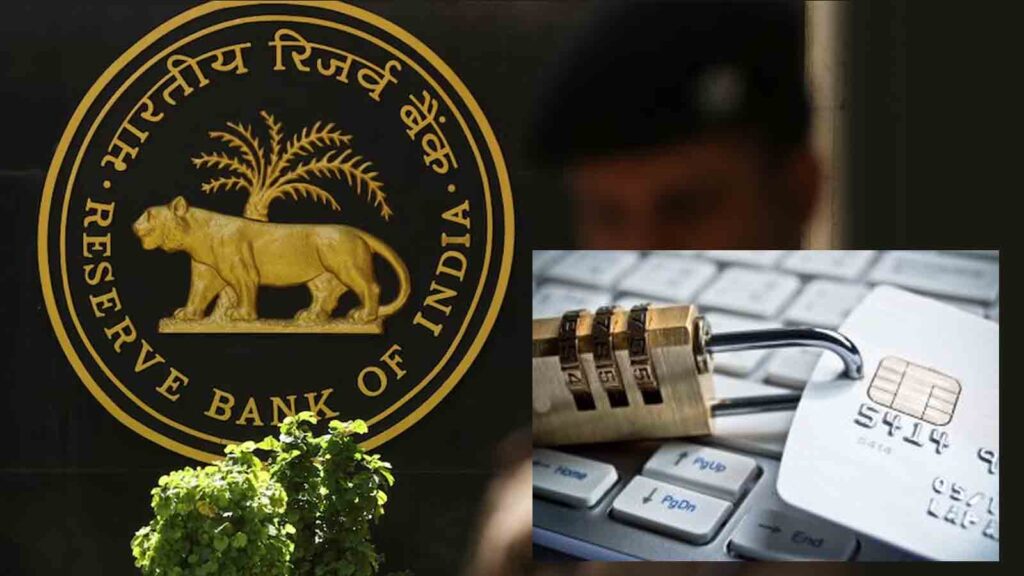RBI Mandates 21-Day Notice Before Labelling Borrowers As Frauds

RBI Mandates 21-Day Notice Before Labelling Borrowers As Frauds
Mumbai: The Reserve Bank of India (RBI) has mandated that banks cannot label borrowers as frauds without giving them a hearing. Banks now must issue a 21-day show-cause notice before classifying an account as fraudulent. This decision follows a Supreme Court order.
To enunciate, RBI has instructed banks to develop a fraud risk management policy to mitigate the issues raised, approved by at least three board members, one of them has to be a full-time director and two independent or non-executive directors. It is the job of the directors to ensure compliance with the principles of natural justice.
Furthermore, banks are obligated to update their Early Warning Signal (EWS) systems within 6 months. The integration of data analytics, to detect unusual patterns is highlighted in this. The RBI has set a threshold of Rs. 1 crore for reporting frauds to state police, with private banks also reporting to the Serious Fraud Investigation Office and the Ministry of Corporate Affairs, while public sector banks report frauds above Rs. 6 crore to the CBI, as usual.
On the other hand, in consortium lending (It is a lending situation where a single borrower is jointly financed by different lending institutions by grouping together.) if separate offenses are committed, each member may file separate complaints. Otherwise, one member can file a complaint with support from other members.
In summary, the impact of the new RBI rule mandating a 21-day notice before classifying borrowers as frauds can enhance borrowers’ rights that will help them gain opportunities to present their cases and defend the allegations against them, ensuring fair treatment. It will improve transparency, fostering trust between borrowers and financial institutions. All the stakeholders involved will abide by the legal standards, strengthen the governance (board-approved risk management policies, enhancing the oversight and accountability), as well regulate and smoothen the processes of borrowing and lending.











